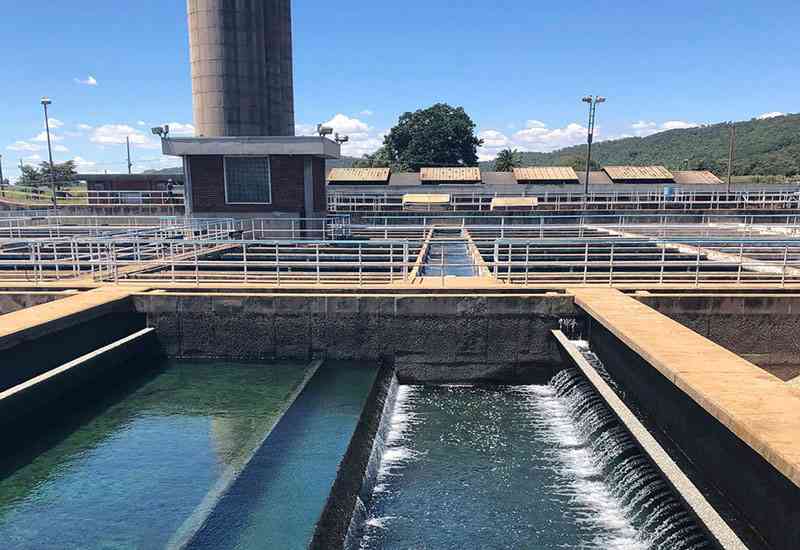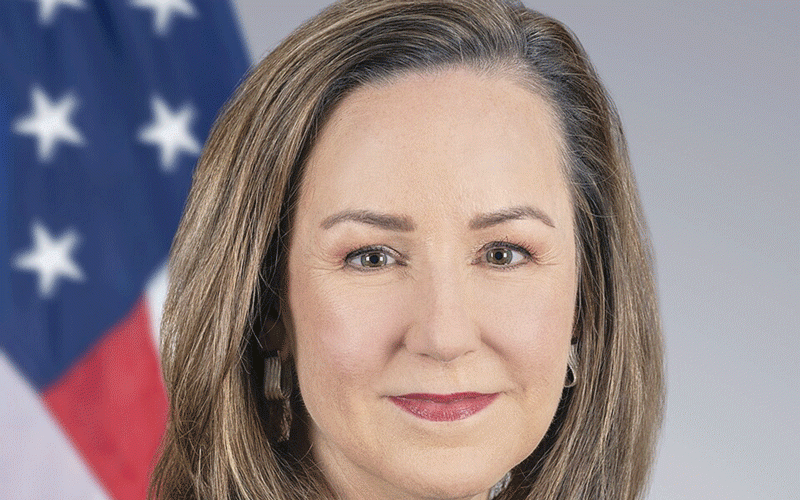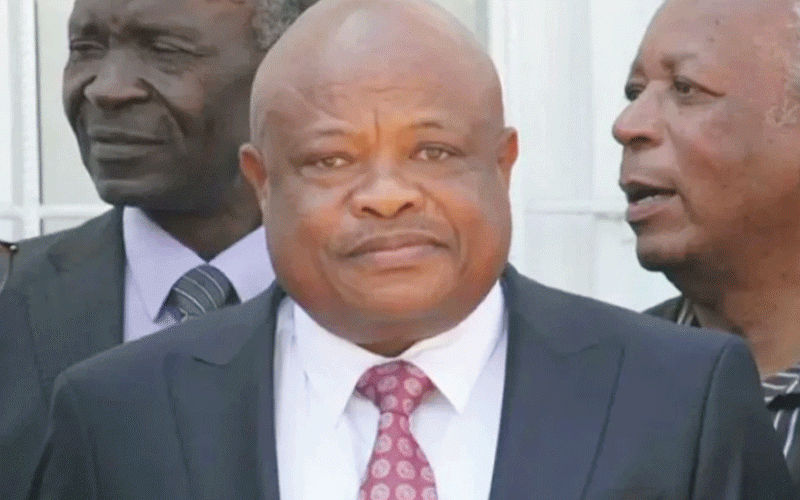
HARARE City Council is urging the central government to extend its rehabilitation strategy to include the upgrade of over 9 000 kilometres of the capital’s ageing water and sewer pipes to bring relief to residents plagued by a water and sanitation crisis.
Harare Mayor Jacob Mafume, in an interview with the Zimbabwe Independent, highlighted the urgent need for a massive overhaul of the city's piping system, estimating the cost at around US$800 million.
This staggering figure is well beyond the reach of Harare’s estimated four million residents, who collectively owe about US$100 million in unpaid rates.
Mafume said the government should also take the lead as it did with the rehabilitation of local authority roads to address the water crisis. The ongoing road projects, part of the National Roads Rehabilitation Programme, have already completed their first two phases.
“Just as the government has taken the lead in road rehabilitation, we need a similar programme for the city’s water pipes,” Mafume said.
“This is not something the council can handle alone. We need to collaborate with the government and other stakeholders. The estimated cost is around US$800 million.”
For years, Harare City Council has struggled to provide basic services, largely due to corruption and mismanagement. The situation has become increasingly dire for residents, with prolonged water shortages leaving many vulnerable to deadly epidemics like cholera and typhoid.
Precious Shumba, executive director of the Harare Residents Trust, expressed grave concerns over the water crisis, particularly in high-density suburbs like Kuwadzana, which was the epicentre of the most recent cholera outbreak.
- Harare cancels Pomona waste deal
- Devolution gains remain a mirage
- Harare cancels Pomona waste deal
- Pomona saga: Harare handed shock US$750k ‘garbage’ bill
Keep Reading
“Most suburbs in Harare have gone without water for extended periods,” he said.
“In Kuwadzana, residents rely on boreholes and shallow wells, which are often contaminated due to sewage seepage and unrepaired sewer bursts. Without timely intervention, these communities are highly vulnerable to disease outbreaks.”
Shumba called on the council to provide water bowsers to prevent the recurrence of cholera in high-density areas.
Zimbabwe recently emerged from a cholera outbreak that began in February 2023, resulting in 34 550 suspected cases and over 600 deaths. Decades of chronic under-funding of water infrastructure have left the city at risk of recurring epidemics.
While the presidential borehole drilling scheme has somewhat alleviated the water crisis in some areas, water scarcity remains a significant challenge in places like Kuwadzana. Many boreholes, installed by non-governmental organisations during the previous cholera pandemic, have since broken down, forcing residents to resort to unsafe water sources.
This dire situation has also exposed residents to other waterborne diseases, such as typhoid, dysentery, and diarrhoea. Some of the boreholes, initially drilled with assistance from the United Nations Children’s Fund, provided temporary relief but have since deteriorated.
A United Nations report suggests that one potential solution is renewed investment in water infrastructure, particularly through a better understanding of the link between water issues and the climate crisis. Despite trillions of dollars being invested globally in clean energy and low-carbon technology, relatively little has been allocated to water supply improvements. Mafume believes that with reforms to Harare’s revenue collection system, the city could better address these challenges.
He suggested adopting a model similar to that used by the Zimbabwe Electricity Supply Authority (Zesa) for revenue collection.
“If we implement a Zesa-like system, it will allow us to more effectively collect revenue and deal with non-payers,” Mafume said.
“This would restore the fundamentals for Harare. The city is owed over US$100 million, including debts from the government and other entities. The beauty of Harare is that it still has the DNA of a functional city.”
Mafume, a member of the opposition political party, continues to push for these reforms, hoping to secure the support needed to prevent further deterioration of Harare’s vital infrastructure.










